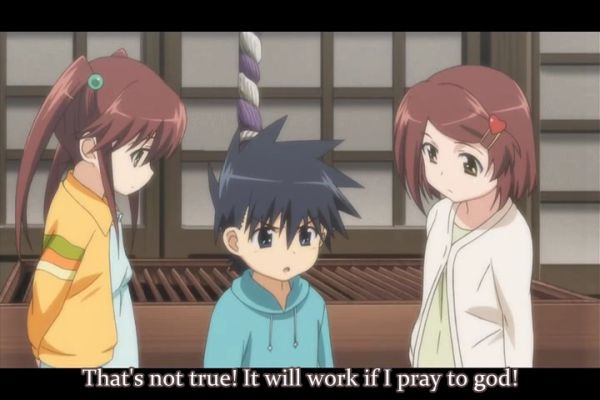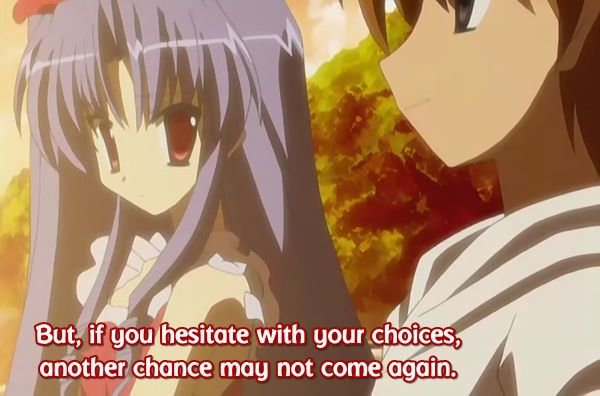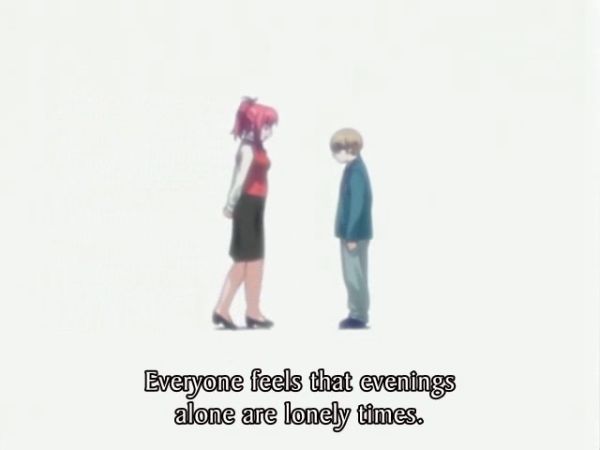
An artist’s impression of the six-dimensional Realm of Light. The balls of light probably represents Higher spirits, who receive beams of spiritual Light from above and send their own beams of light down to those below, in an intricate pattern of Light.
It must be over 5 years now that I have been religiously following the weird and wonderful blog One Cosmos, which alternates between neotraditionalist metaphysics and mocking socialism and materialism in all their forms. These are really two modes of the same thing, since materialism is incompatible with metaphysics of any kind: If you are simply the electrical fluctuations in your brain, you can never know it. Or anything, really.
There is much one could say about this, but my point today is that this is where I first heard of the mysterious Frithjof Schuon. The blog will occasionally brandish quotes by Schuon, and they are generally held to be the final and perfect crystallization of metaphysical truth. Whenever something is true, Mr Schuon will have summed it up in such clarity that it cannot be said better for the duration of languages as we know them. Or that is the impression I get. Not that the author agrees with Schuon on everything (Schuon evidently believed that modernity was an unredeemable descent into barbarism, and that ancient cultures were superior in all the ways that count.) But for the vast stretch that they do agree, Schuon says it best.
Now if this was just one lone tax-cutting blasphemer on the Net, it would be unremarkable. The quotes themselves are remarkable, but they are dug out from a huge number of articles published over many years, so it could be just the occasional lucky strike. But then I read Huston Smith, the famous hands-on teacher of comparative religion. And he too had this fawning respect for Schuon. More than once when he was about to teach about some specific religion, he discovered that Schuon had already written about it with great clarity. Schuon himself, however, was aloof and barely approachable. He certainly had no interest in building any kind of relationship with famous people who looked up to him. I find this a very endearing trait.
My own attempt at reading Schuon, however, failed spectacularly. His writing is simply too hard. His words are used so precisely that you need not only a good grasp of the English language with its many nuances, but you also need to know what he is talking about before you read it. Metaphysics is necessarily far removed from the concrete world as observed by the senses, since fundamental metaphysics lies above even the world of archetypes, of which our daily objects and actions are instances. So it’s never going to be “beach reading”, as you say in English.
At the time, I was widely read in science, religion and mythology; but my knowledge of philosophy was limited to early college level. This must by necessity be so simple-yet-fuzzy that it can be understood even by socialists. Unsurprisingly, Schuon proved too hard for me. I understood some of it, but not enough to put the pieces together.
A couple more years have passed. I have continued to read One Cosmos religiously, but also Ryuho Okawa (cautiously), Rabbi Adin Steinsaltz, A. G. Sertillanges, James V. Schall, Pope Benedict and saints Athanasius and Teresa, to name but those that may be relevant for the topic. (I tried Sri Aurobindo as well, but he is harder to read than Schuon; I suspect he is doing it on purpose, as only superhumans are likely to benefit from his thinking anyway. I may return to it later.)
Finally I am prepared to assail the diamond towers of Frithjof Schuon again. This time I know what I am up against, and have prepared. I have also found a book about a topic I am already familiar with, namely Christianity. The Fullness of God by Schuon has providentially become available for the Kindle. Wish me luck.
***
Two chapters later:
I see now why Schuon must write in an inaccessible manner! Whether by his own choice or by divine providence, it is necessary that these teachings be hidden for the unlearned and inexperienced. For such words could cast the unprepared into fear and confusion, even into perdition. I believe those who may benefit from this are few, compared to those who may take harm from it. Most would shrink back, I believe, and this for their own good.
That is not to say that this book should not have been written, for “one man’s medicine is another man’s poison”. But I have more understanding now for gurus who retreat to the Himalayas. Sometimes it is required that you have gone far.









